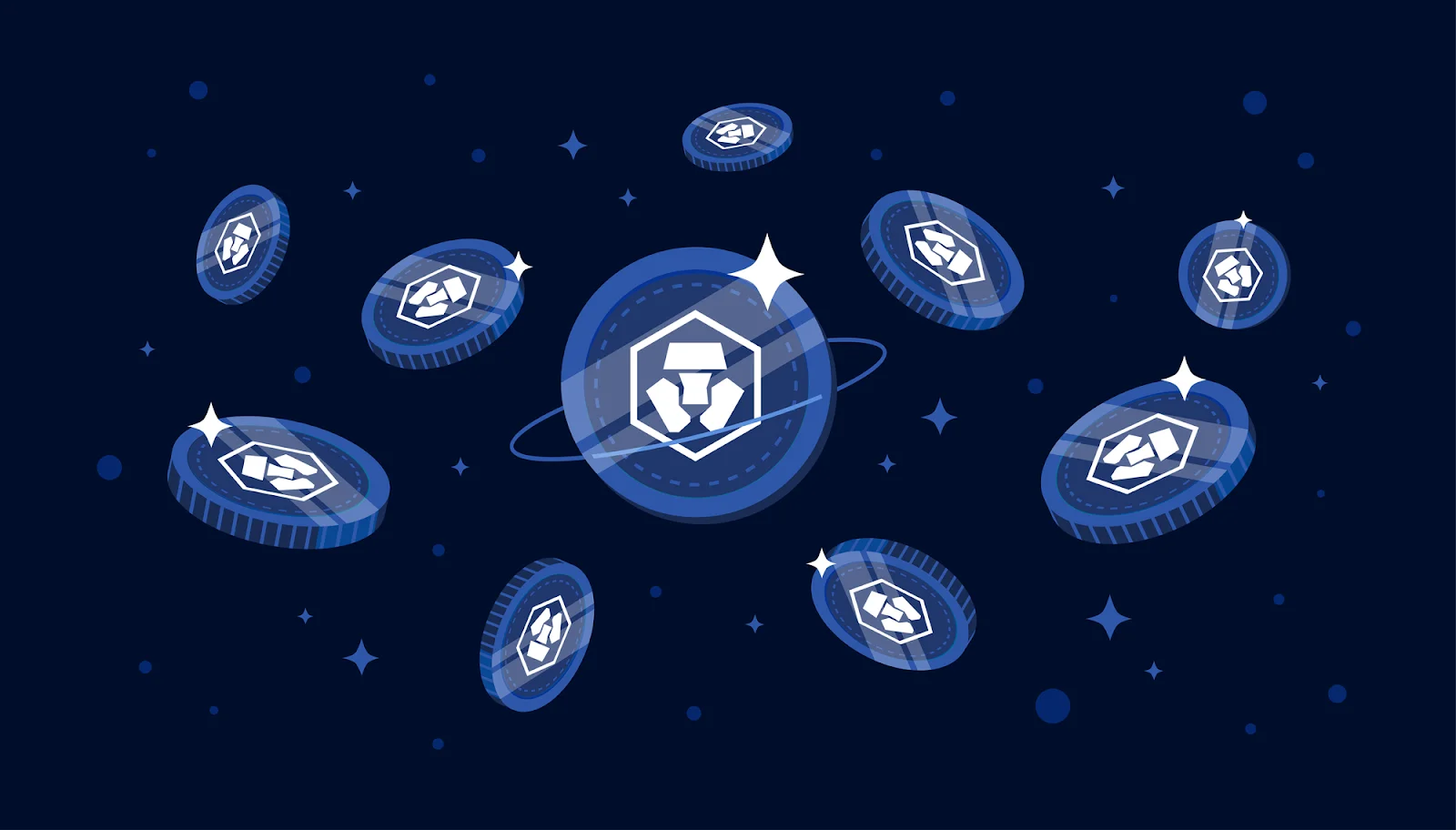
A more resilient decentralized (DeFi) finance ecosystem is being built on the premise of competition and variety among layer 1 blockchains. While only the strongest cryptocurrencies will endure the bear cycle, a growing base of chains reduces the risk of concentration and represents a significant development in the development of DeFi.
The pie for DeFi applications has expanded beyond Ethereum’s capacity thanks to the advent of a fiercely competitive ecosystem of layer 1 blockchains, while simultaneously eating away at the overall market share held by the incumbent.
Attrition may emerge as a common feature among the long tail of DeFi protocols and chains if the present bear market persists past 2H22 when aggressive vesting schedules and capital incentives meet lower price expectations.
However, the 10x increase in layer 1 chain numbers between 2020 and 2021 has significantly validated a variety of blockchain use cases, each with a unique set of trade-offs.
DeFi offers financial services using cryptocurrency and smart contracts, doing away with the need for middlemen like guarantors. These include instant loans, peer-to-peer trading without a broker, the ability to lend out cryptocurrency and collect interest in minutes rather than once a month, the ability to save cryptocurrency and receive a higher interest rate than from a bank, and the ability to purchase derivatives like stock options and futures contracts.
Because DeFi is open source, users can theoretically analyze and improve upon its protocols and applications. Users can thus create their own dApps and mix and match protocols to access unusual combinations of opportunities.
Let’s look at some of the best qualities of DeFi protocols.
The ability of its users to utilize different financial services in a decentralized manner—that is, in a way that is permissionless and almost instantaneous—is one of DeFi’s key features. Using a blockchain system without requesting authorization from a centralized authority or any other party is known as a permissionless blockchain.
Typically, permissionless blockchains are built in an open, decentralized manner using their own coinage. They are typically seen as open, public, borderless, impartial, censorship-resistant, transparent, and unchangeable and function in a peer-to-peer (P2P) fashion.
Immutability is the property of data that, after a transaction has been completed, become irrevocably codified in the shared information ledger of a blockchain network. Due to verified cryptography, DeFi technologies and blockchain systems are tamper-proof, irreversible, and irrevocable, making it nearly impossible to alter, reverse, or fabricate records.
DeFi systems’ capacity to be private, secure, and transparent is made possible by immutability, which is essential for the industry’s long-term survival and the security of DeFi users.
The majority of public DeFi endeavors run on an open foundation, making them available to anybody with internet access. Furthermore, network interoperability—the capacity of diverse blockchain protocols to function, interact, and transfer value (such as digital assets) among themselves through cross-chain communication—is necessary for DeFi cryptosystems to reach their full potential.
The vast majority of DeFi systems function in a non-custodial manner. This implies that they do not safeguard your money the way a bank would typically do. Users can leverage a variety of financial instruments on their own terms without the types of third-party clearance and can remove their funds whenever they choose, as opposed to relying on centralized exchanges or systems.
DeFi thus stands for a significant aspect of the blockchain industry and is a catching little phrase. To discuss any matter, please contact us.
Increased acceptance and knowledge sharing have aided the spontaneous growth of cryptocurrency over the last…
Blockchain can be intimidating to research, but attending cryptocurrency events is one of the best…
Blockchain has made inroads into all major industries and is also becoming a part of…
In recent years, blockchain lending solutions have grown in popularity as a way to earn…
The scalability trilemma is still one of the blockchain's most pressing issues. Here are some…
Many people are looking for ways to get involved in the crypto world as the…